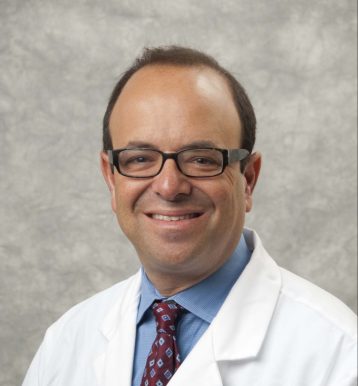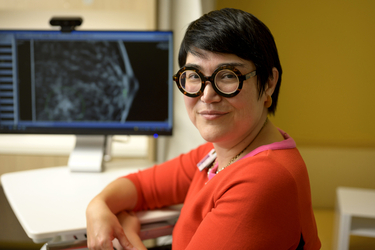
Dr. Alan Carver. Photo by Richard DeWitt.
A Vox article on having conversations with loved ones about end-of-life planning features MSK’s Dr. Alan Carver.
Dr. Carver, a neurologist, emphasizes the importance of listening and not rushing these difficult conversations. Having end-of-life decision discussions starting when family members are healthy, and working with care teams when family members are ill, are strategies Dr. Carver recommends.
Learn more about having end-of-life conversations in this MSK feature.

